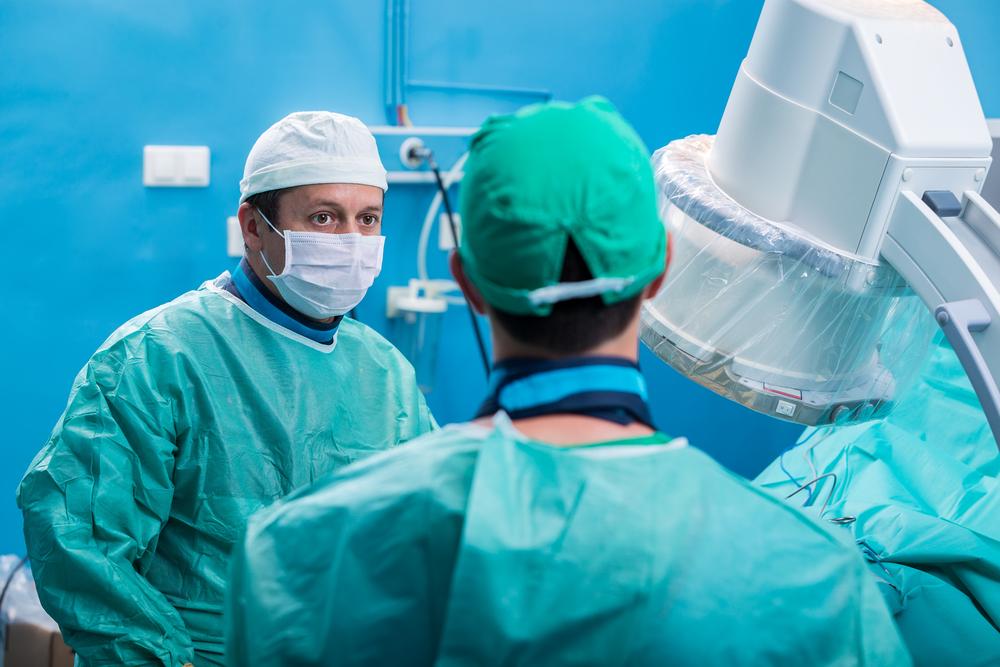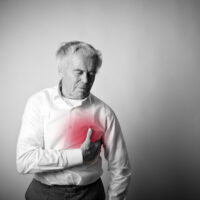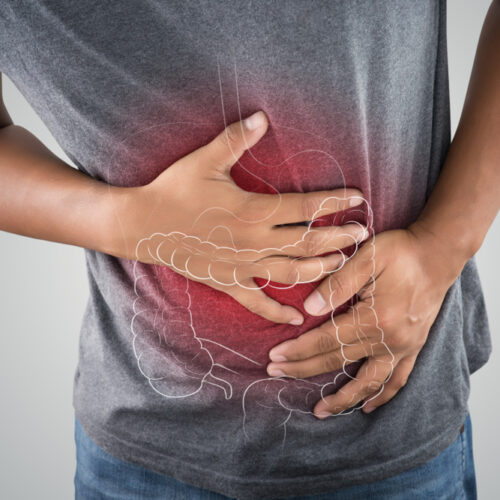4 Frequently Asked Questions About Heart Ablation Procedure
Irregular heart rhythms or arrhythmia is often caused by atrial fibrillation. A person may experience skipped heartbeats or fluttering in the heart. To correct the heartbeats, the heart ablation procedure is done. In this procedure, the part of the heart that is causing irregular heartbeat is subjected to radiofrequency energy.

Heart ablation procedure is recommended only when medicines fail to correct the abnormal heart tissue and correct the irregular heartbeats. Heart ablation procedure is a low-risk procedure and may be required to be done multiple times in case complications arise. Read on to know more about the different types of heart ablation procedures, the risks associated, immediate effects after the procedure, and the precautions that should be taken to avoid further complication
What are the different types of heart ablation procedure?
- Atrial flutter ablation : This heart ablation procedure is used to treat the fluttering heartbeat by creating scar tissue in the upper right chamber of the heart. This blocks the electrical signals that cause the heartbeats to flutter.
- Pulmonary vein isolation : This heart ablation procedure scars or destroys tissues in the upper left chamber of the heart. This is used to treat heart rhythm problems caused by abnormal electrical signals in the heart.
- SVT ablation : Supraventricular tachycardia or SVT ablation is used to treat irregular heartbeats that affect the upper chambers of the heart. This procedure restores the heart’s normal rhythm.
- Ventricular tachycardia ablation : This heart ablation procedure is used to treat irregular electrical signals that may occur in the lower chambers of the heart. With this procedure, normal heart rhythm is restored.
Are there any risks associated with heart ablation procedure?
- There can be infection or bleeding in the area where the catheter was inserted while doing the heart ablation procedure.
- While passing through the blood vessels to the heart, the catheter may scrape the blood vessels causing serious damage.
- In rare cases, heart ablation procedure has been known to cause a puncture in the heart mostly due to the displacement of the catheter.
- There can be damage to the heart or heart valves, or to the heart’s electrical system. This may require the placement of a pacemaker for correction.
- Other risks include the formation of blood clots in the lungs or legs, heart attack, pulmonary vein stenosis, or damage to the kidneys as well.
What are the immediate effects after a heart ablation procedure?
- Immediately after the heart ablation procedure, the patient may feel sore or discomfort in the chest. This may last for the first 48 hours. In case, the discomfort lasts longer, immediately inform the doctor.
- The patient will also experience fatigue, which will go away as recovery progresses. This may be accompanied by symptoms similar to a common cold or congestive heart failure, which include bloating and shortness of breath. These post-procedure symptoms are observed mostly due to inflammation and water retention.
- If any of the above-mentioned symptoms persist for more than a week after the procedure is done, make the call to the hospital or the doctor immediately as complications may have developed after the operation.
How to take care of health to avoid complications after the heart ablation procedure?
- Despite a successful heart ablation procedure, a person may have to undergo the procedure again due to complications that occur later on. However, the complications can be avoided by making lifestyle changes to keep the heart healthy.
- Blood pressure should be maintained by lessening the intake of salt. Avoid consuming processed foods and foods high in saturated fats. Heart-healthy foods such as nuts, fish rich in omega-3, and berries should be a regular part of one’s meal plan.
- Light physical activities should be done every day to regulate the body weight and to enhance the mood. Regular physical activities help in alleviating stress on the heart.
- It is best to quit smoking and drinking alcohol after a heart ablation procedure. Nicotine and alcohol can cause the worst possible complications.











